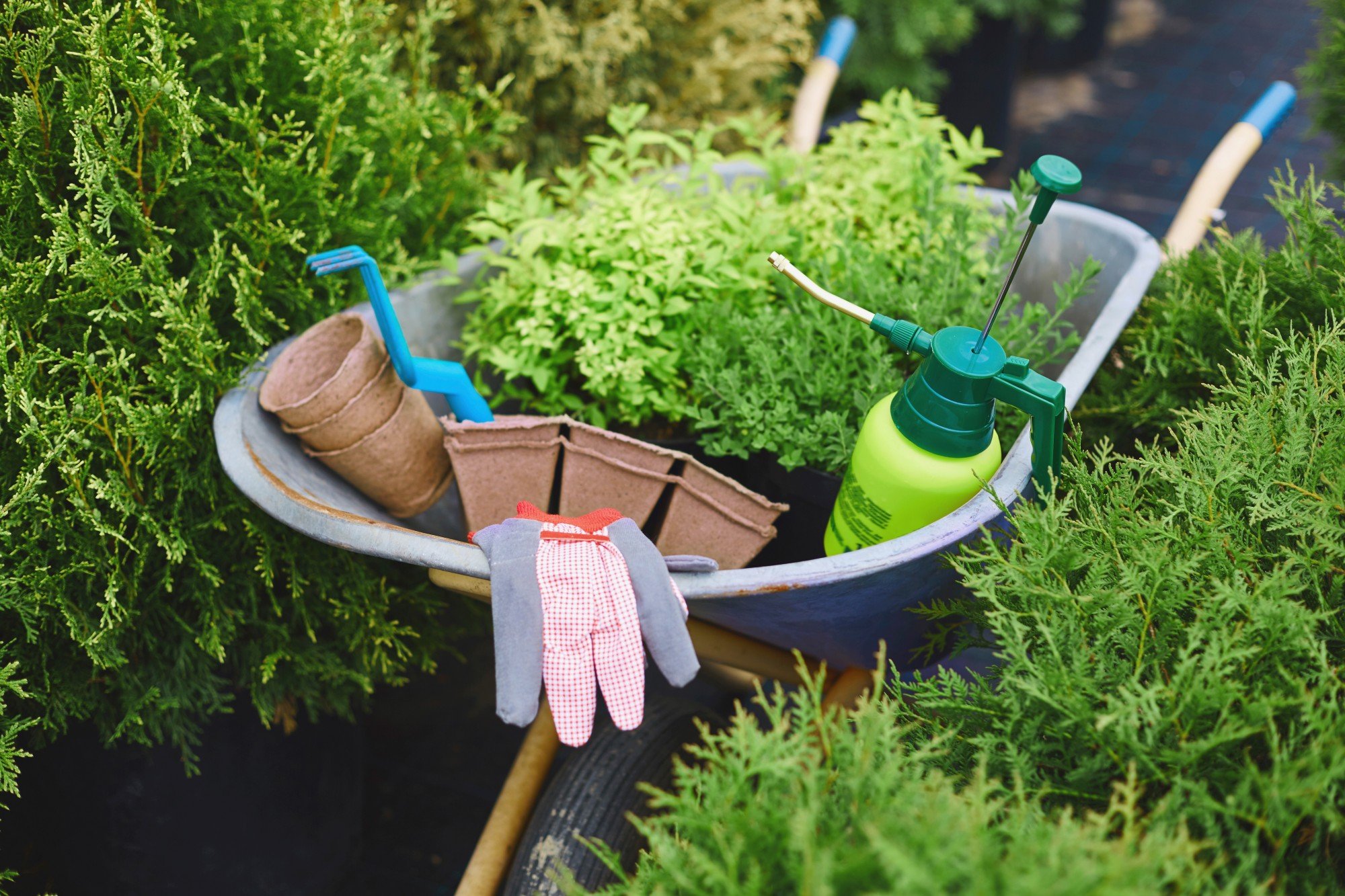Herbicides 101: All You Need To Know

It can be very annoying to have unwanted weeds constantly eat up your garden and crops. Thankfully, the solution was discovered in 1970 and named the “magical weed killers,” commonly known as “Herbicide.” Almost 52 years later, herbicides still form an important part of farming and cropping. They help protect plants from pests and diseases and allow farmers more control over the growth and yield of their crops.
While they can be expensive, herbicides offer many advantages that make them worth the investment. In this post, we’ll take a closer look at what herbicides are, the different
types, and some tips for using them safely and effectively.
The Magical Weed Killer
A herbicide is a chemical compound that kills plants and inhibits their growth. They are used to keep weeds from cropping up and stealing all the nutrients and sunlight in your garden.
When using herbicides, less time and energy is needed leading to less soil erosion, and the use of herbicides allows for an easier shift in farming practices.
Types of Herbicides
Traditionally speaking, herbicides were used to clear forests and other vegetation so that crops could be planted in their place. In more modern times, herbicides have been used to clear areas for construction or other purposes, and they can even be found in households worldwide. Some common commercial herbicides include:
Pre-emergent herbicides
These are used to kill small weed seeds, most commonly annuals and perennials, before they even start to grow. In lawns, for example, pre-emergent herbicides can be used to prevent crabgrass from germinating. These types of herbicides are also known as soil-applied herbicides, and they can take a couple of weeks or months to start working properly.
Post-emergent herbicides kill weeds that already exist in the soil. They’re often used for existing weeds that have grown large enough to be noticeable.
Herbicidal Soaps
Herbicidal soaps are among the safest herbicides, and they’re especially safe on young seedlings. These herbicides are made from potassium salts or sodium salts, which work by burning a hole in the pest’s cell membrane. This way, the cells cannot obtain water, causing them to die.
Since these types of herbicides are applied directly to leaves, they can’t be washed off by rain or other water sources. This means you need to use caution when applying them so that they don’t come into contact with anything else in your garden. Herbicidal soaps also take between 1 and 3 weeks to start working, but they last for about 6 months.
Glyphosate-based herbicides
One of the most well-known groups of herbicides worldwide is glyphosate-based. This group can be found in many household weed killers, thanks to their popularity among gardeners and farmers alike.
They’re extremely effective at killing annual and perennial weeds and work within a few days to start killing them. Glyphosate-based herbicides also prevent new weed seeds from growing for up to several months, depending on the type of product you choose. Once applied, glyphosate-based herbicides are active for between two and fourteen days, depending on the type of product chosen.
Some Tips To Properly Use Herbicides
Herbicides are a quick and efficient way to clean and protect your crops. However, it’s important to remember that:
- When using a certain type of herbicide, you should never mix them with another product. This is because two products might react in a way that isn’t expected, which could damage the plants around your weeds or even end up hurting you or other people.
- All herbicides should be applied and stored as carefully as possible to avoid coming into contact with other areas of your garden.
- Most herbicides require between 3 and 7 days to start working, with some even taking up to two weeks before they become active enough to kill the weeds in question.
- When applying herbicidal soaps, always use them in the morning when it’s cool outside. If the sun heats the soap too much, it can be activated too early, which reduces its effectiveness.
Store It Safely With Fix & Feed
Herbicides are extremely useful tools and very dangerously toxic if not stored properly. At Fix & Feed, you can ask for our 5 Gallon Utility Jug, which is a multi-use jug designed especially to store your outdoor uses liquids and grains.
Its ergonomically contoured handle, long flexible nozzle, and bottom grip make it easier for pouring herbicides on your garden and crops without any accidental spills. This amazing red jug is also your perfect ally when storing other items such as non-potable water, oil, bird seeds, oats, deer corn, and even automotive fluid.
